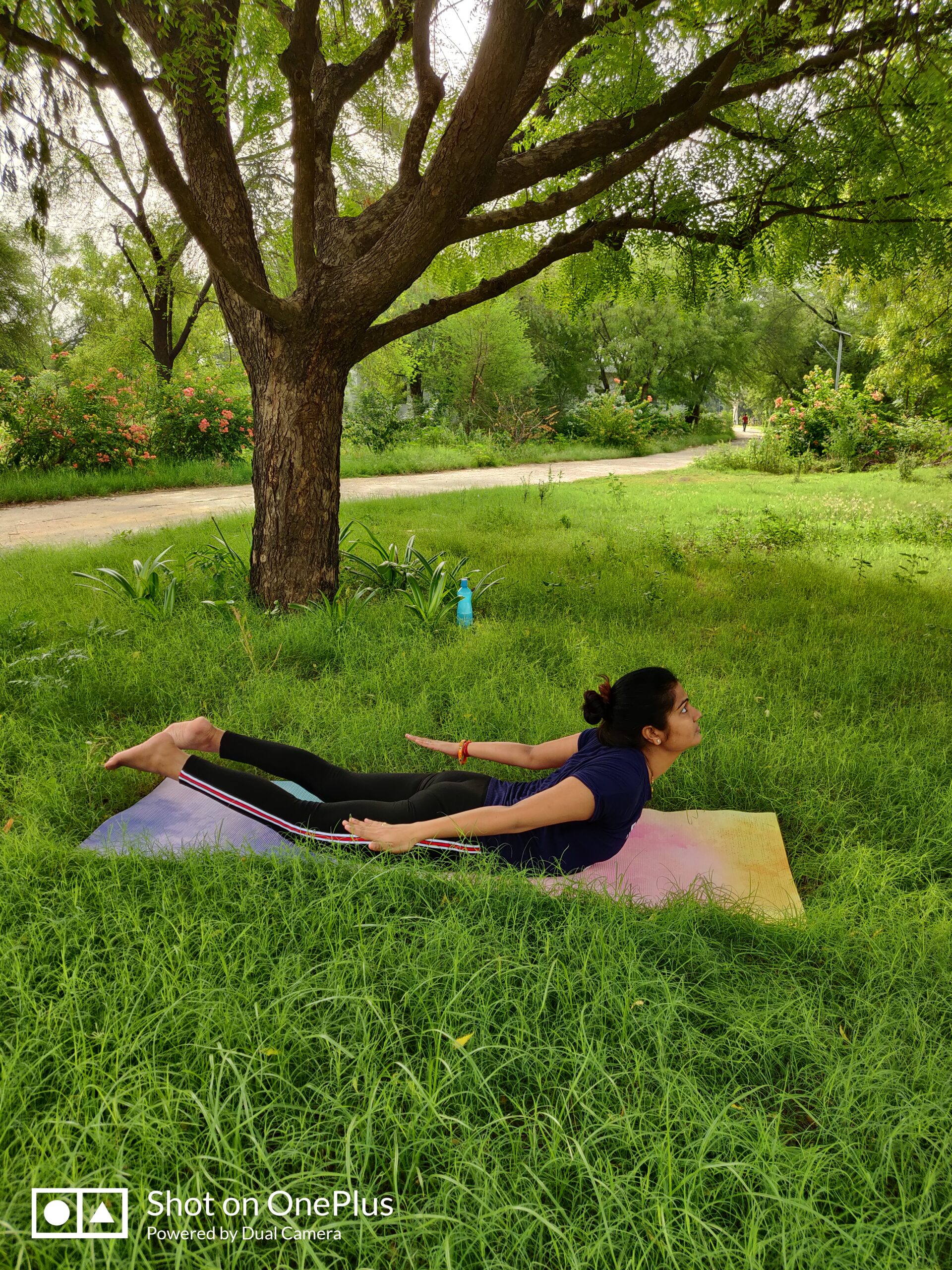Introduction: Insomnia, a widespread sleep disorder, can significantly impact physical, emotional, and mental well-being. While conventional treatments exist, many individuals seek alternative options like naturopathic management to alleviate insomnia. Naturopathy offers a holistic approach that focuses on addressing the underlying causes and promoting overall wellness. In this article, we delve into the various naturopathic strategies and techniques for relieving insomnia and improving sleep quality.
Causes of Insomnia: Insomnia, a sleep disorder characterized by difficulty falling asleep or staying asleep, can arise from various factors. Understanding these causes is essential for effective management and prevention:
- Stress and Anxiety: Racing thoughts, worries, and stressors can make it challenging to unwind and fall asleep.
- Poor Sleep Habits: Irregular sleep schedules, excessive napping, and inconsistent bedtime routines can disrupt sleep patterns.
- Medical Conditions: Chronic pain, respiratory issues, hormonal imbalances, and conditions like restless legs syndrome can contribute to insomnia.
- Medications: Some medications, such as antidepressants, asthma medications, and stimulants, can interfere with sleep.
- Caffeine and Stimulants: Consumption close to bedtime can affect sleep onset and quality.
- Environmental Factors: Noise, light, temperature, and an uncomfortable sleep environment can hinder restful sleep.
- Shift Work and Jet Lag: Altered circadian rhythms due to irregular schedules or travel can lead to insomnia.
- Mental Health Disorders: Conditions like depression and post-traumatic stress disorder can disrupt sleep patterns.

Common Symptoms of Insomnia: Insomnia presents a spectrum of symptoms, ranging from mild to severe, that impact daily functioning:
- Difficulty Falling Asleep: Individuals may struggle to initiate sleep despite feeling tired.
- Frequent Nighttime Waking: Waking up multiple times during the night and having difficulty returning to sleep.
- Early Morning Awakening: Waking up earlier than intended and being unable to go back to sleep.
- Non-Restorative Sleep: Waking up feeling unrefreshed and tired, regardless of the amount of sleep.
- Daytime Fatigue: Persistent tiredness, lack of energy, and difficulty concentrating during the day.
- Mood Disturbances: Irritability, mood swings, and increased emotional sensitivity.
- Impaired Performance: Reduced cognitive function, difficulty focusing, and decreased productivity.
- Physical Symptoms: Headaches, gastrointestinal discomfort, and muscle aches due to sleep disruption.
Identifying Patterns and Triggers: Understanding the causes of insomnia requires recognizing individual triggers and patterns. Keeping a sleep diary can aid in pinpointing potential causes and associated symptoms.
Naturopathy: A Holistic Pathway to Insomnia Relief:
- Core Principles of Naturopathic Medicine
- The Mind-Body Connection in Sleep
- Tailored Treatment Plans in Naturopathy
Dietary Modifications:
- The Role of Nutrition in Sleep Regulation
- Incorporating Sleep-Supportive Foods (Tryptophan, Magnesium)
- Avoiding Stimulants (Caffeine, Sugar) Before Bedtime
Herbal Remedies and Supplements:
- Valerian Root: Calming Nervous System Activity
- Chamomile: Promoting Relaxation and Easing Anxiety
- Melatonin: Supporting Circadian Rhythms and Sleep-Wake Cycles

Lifestyle Changes:
- Establishing a Consistent Sleep Schedule
- Creating a Relaxing Bedtime Routine
- Limiting Screen Time and Exposure to Blue Light
Hydrotherapy:
- Relaxing Warm Baths for Stress Reduction
- Contrast Hydrotherapy Techniques for Relaxation and Improved Sleep Quality
Mind-Body Approaches:
- Progressive Muscle Relaxation for Easing Tension
- Mindfulness Meditation for Anxiety Reduction
- Yoga for Relaxation and Stress Relief
Aromatherapy and Essential Oils:
- Lavender Oil for its Calming and Sedative Properties
- Bergamot Oil for Mood Elevation and Relaxation
- Cedarwood Oil for Grounding and Promoting Restful Sleep

Consulting a Naturopathic Practitioner:
- The Role of Professional Guidance in Addressing Insomnia
- Comprehensive Assessment of Sleep Patterns and Underlying Causes
- Developing Personalized Treatment Plans
Integrative Approach with Conventional Care:
- Collaborating with Medical Professionals for Holistic Well-Being
- Combining Naturopathic Techniques with Medical Treatments
Preventing Future Insomnia:
- Long-Term Strategies for Sustaining Restful Sleep
- Building Healthy Sleep Habits and Routines
- Continued Self-Care and Wellness Practices
Yogic Philosophy and Sleep:
- Uniting Mind, Body, and Breath through Yogic Practice
- Balancing Energy Centers (Chakras) for Restful Sleep
- Practicing Mindfulness and Presence for Sleep Quality

Yogasanas for Insomnia Relief:
- Sukhasana (Easy Pose): Cultivates relaxation and prepares the mind for meditation.
- Viparita Karani (Legs-Up-The-Wall Pose): Calms the nervous system and improves blood circulation.
- Balasana (Child’s Pose): Relieves tension in the back and shoulders, inducing relaxation.
- Savasana (Corpse Pose): Induces a state of deep relaxation and tranquility.
- Uttanasana (Standing Forward Bend): Releases tension in the spine and promotes calmness.
- Janu Sirsasana (Head-to-Knee Forward Bend): Calms the mind and stretches the spine gently.
Pranayama and Breath Awareness:
- Nadi Shodhana Pranayama (Alternate Nostril Breathing): Balances the nervous system and soothes the mind.
- Bhramari Pranayama (Bee Breath): Reduces mental chatter and induces a sense of calm.
Meditation and Mindfulness:
- Yoga Nidra (Yogic Sleep): Deep relaxation technique inducing restful sleep.
- Trataka (Candle Gazing): Enhances focus, reducing mental restlessness.
Yoga and Lifestyle Changes:
- Dinacharya (Daily Routine): Establishing Consistent Sleep Patterns
- Ahara (Diet): Consuming Sleep-Supportive Foods and Avoiding Stimulants
- Vihara (Lifestyle): Engaging in Regular Physical Activity and Stress-Relieving Practices

Aromatherapy and Essential Oils:
- Utilizing Lavender Oil for its Relaxing and Sedative Properties
- Incorporating Chamomile Oil for Calming the Nervous System
Consulting a Certified Yoga Instructor:
- Proper Alignment and Techniques for Safe Practice
- Individualized Approach Based on Sleep Patterns and Needs
Understanding Insomnia:
- Definition and Impact of Insomnia
- Factors Contributing to Insomnia (Stress, Lifestyle, Medical Conditions)
- The Importance of Quality Sleep for Optimal Health
- Identifying Stress as a Common Insomnia Trigger
- Recognizing Lifestyle and Dietary Factors

Conclusion: Naturopathy provides a comprehensive and holistic approach to relieving insomnia, focusing on identifying root causes and promoting overall well-being. Insomnia is a complex sleep disorder influenced by a multitude of factors. By recognizing the causes and understanding the range of symptoms, individuals can take proactive steps toward managing and preventing insomnia. Yogic management for insomnia offers a holistic approach to sleep relief, combining physical postures, breath control, meditation, and mindfulness.




